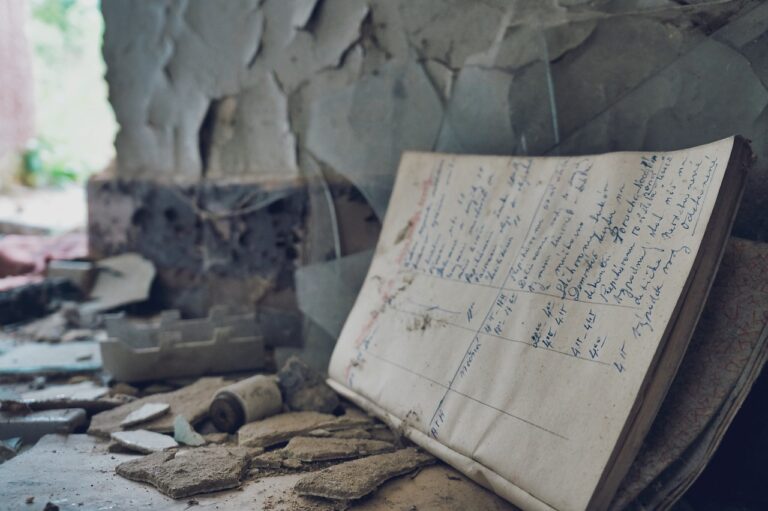The Role of Peer Feedback in Improving Student Learning
Peer feedback in educational settings plays a crucial role in enhancing students’ learning experiences. When students provide feedback to their peers, they not only reinforce their own understanding of the material but also help their classmates identify areas for improvement. This collaborative approach fosters a sense of community and shared responsibility for academic growth among students.
Furthermore, receiving feedback from peers can offer a fresh perspective that may not always be evident when feedback comes solely from teachers. Peers can provide insights and suggestions that resonate more with the student receiving the feedback, as they understand each other’s learning styles and challenges better. This personalized feedback can lead to more targeted strategies for improvement and ultimately contribute to overall academic success.
• Peer feedback enhances students’ learning experiences
• Reinforces understanding of material
• Helps identify areas for improvement
• Fosters a sense of community and shared responsibility
• Offers fresh perspectives that may not be evident from teachers alone
• Peers understand each other’s learning styles and challenges better
• Personalized feedback leads to more targeted strategies for improvement
• Contributes to overall academic success
The Benefits of Peer Feedback for Student Growth
In educational settings, peer feedback plays a crucial role in promoting student growth. When students provide feedback to their peers, they are engaging in a process that not only enhances the quality of work but also fosters a deeper understanding of the subject matter. Through this structured feedback exchange, students are able to critically evaluate each other’s work and provide constructive suggestions for improvement.
Moreover, receiving feedback from peers helps students to develop a growth mindset and become more open to learning and adapting. By receiving insights from their peers, students are able to see their work from different perspectives, which can spark new ideas and approaches. This process not only improves the quality of their current work but also equips them with valuable skills that they can carry forward into future endeavors.
How Peer Feedback Encourages Collaboration Among Students
Peer feedback serves as a catalyst for collaboration among students in educational settings. When students engage in providing feedback to their peers, it creates a reciprocal environment where each individual actively participates in the learning process. This collaborative approach helps in fostering a sense of communal learning and teamwork among students, as they work together towards a common goal of improvement and growth.
Furthermore, peer feedback encourages students to view their peers not as competitors, but as valuable resources for their own learning and development. By actively listening to and implementing the feedback received from their peers, students not only enhance their own understanding but also demonstrate respect for the diverse perspectives and insights of their classmates. This mutual exchange of feedback creates a collaborative culture where students feel supported, empowered, and motivated to collectively strive for academic excellence.
Why is peer feedback important in educational settings?
Peer feedback helps students improve their critical thinking skills, communication abilities, and self-awareness. It also provides an opportunity for students to learn from each other and collaborate effectively.
What are some benefits of peer feedback for student growth?
Some benefits of peer feedback for student growth include increased motivation, improved academic performance, and enhanced social skills. It also helps students develop a growth mindset and learn how to give and receive constructive criticism.
How does peer feedback encourage collaboration among students?
Peer feedback encourages collaboration among students by fostering a sense of community and teamwork. When students provide feedback to their peers, they are able to work together to achieve common goals and support each other in their learning journey. This collaborative approach helps students develop important skills such as empathy, active listening, and problem-solving.







